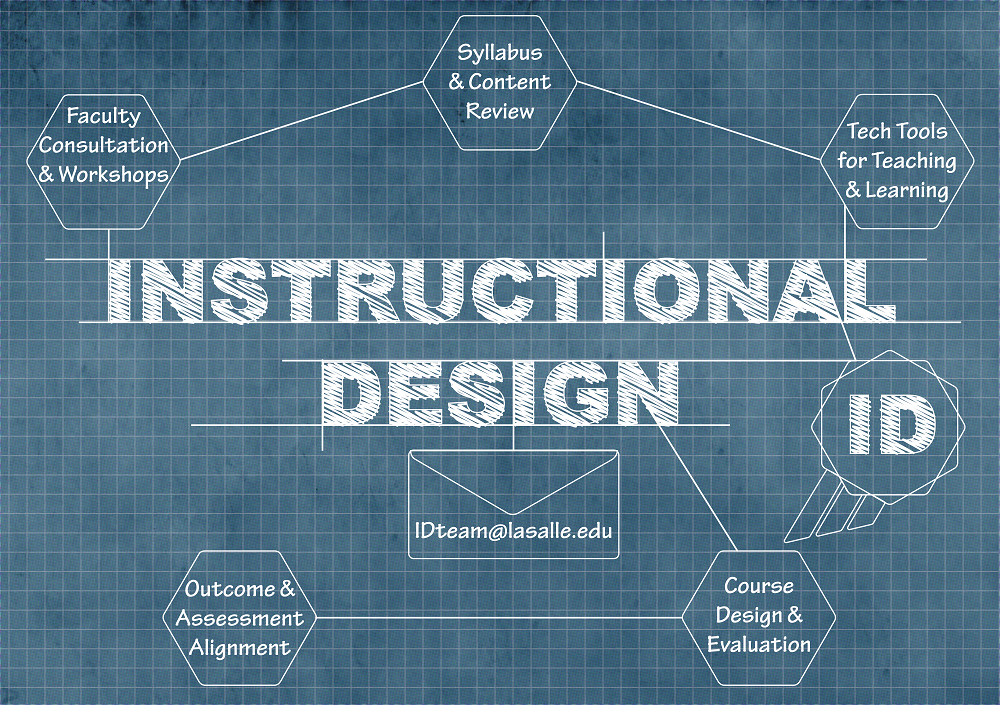In recent years, the landscape of education and training has undergone a transformative shift, driven largely by advancements in technology and evolving learner needs. This shift has placed a renewed focus on the art and science of instructional design, where creating effective learning experiences has become essential. As educational environments become more complex and diverse, the need to design learning materials that are engaging, accessible, and aligned with learners’ goals has never been greater.
A key trend shaping instructional design today is the integration of artificial intelligence (AI) and machine learning into educational frameworks. AI-driven platforms are now being used to create personalized learning experiences, tailoring content to meet the individual needs of students. This approach not only enhances engagement but also improves learning outcomes by providing students with content that is most relevant to their current level of understanding. For example, AI can analyze a learner’s performance in real-time and adjust the difficulty of tasks or suggest additional resources, creating a dynamic and responsive learning environment.
Another significant development is the growing importance of inclusivity in learning environments. There is a greater emphasis on designing courses that are accessible to all students, regardless of their physical or cognitive abilities. This includes the use of universal design principles, which ensure that learning materials are usable by the widest range of people possible. With the rise of online and remote learning, this aspect has gained more attention, as educators strive to create digital content that is accessible to learners with disabilities. Instructional design now demands a keen focus on ensuring that digital and physical learning spaces cater to diverse needs, making education truly inclusive.
The COVID-19 pandemic has also left a lasting impact on how educational content is delivered. The rapid shift to online learning highlighted the need for effective digital resources and tools that can support both instructors and learners in a virtual environment. As a result, there’s been an increased focus on creating high-quality e-learning modules, interactive simulations, and other digital assets that can replicate the benefits of in-person learning. These tools are now seen as essential components of modern educational strategies, and their use is expected to continue growing even as traditional classrooms reopen.
Gamification is another trend that’s gaining traction. By incorporating elements of game design into learning materials, educators can boost motivation and engagement among learners. Gamification techniques such as point systems, badges, and leaderboards can make the learning process more enjoyable and encourage students to take an active role in their education. This approach is particularly effective in corporate training programs, where keeping employees motivated can be challenging.
Furthermore, there’s a growing recognition of the importance of data-driven decision-making in education. Learning analytics, which involves the collection and analysis of data related to learners’ interactions with educational content, is being used to inform the design of instructional materials. By understanding how students engage with content, educators can make informed decisions about what works and what doesn’t, leading to continuous improvement in the quality of education.
Instructional design is evolving rapidly, driven by technological advancements and changing learner expectations. As educators and trainers look to the future, the ability to create effective, inclusive, and engaging learning experiences will be crucial. The integration of AI, the focus on inclusivity, the impact of the pandemic, the rise of gamification, and the use of learning analytics are all shaping the future of education, promising a more personalized and effective learning experience for all.






